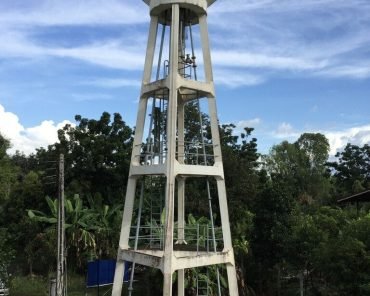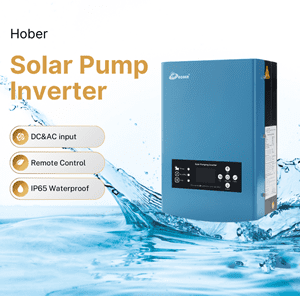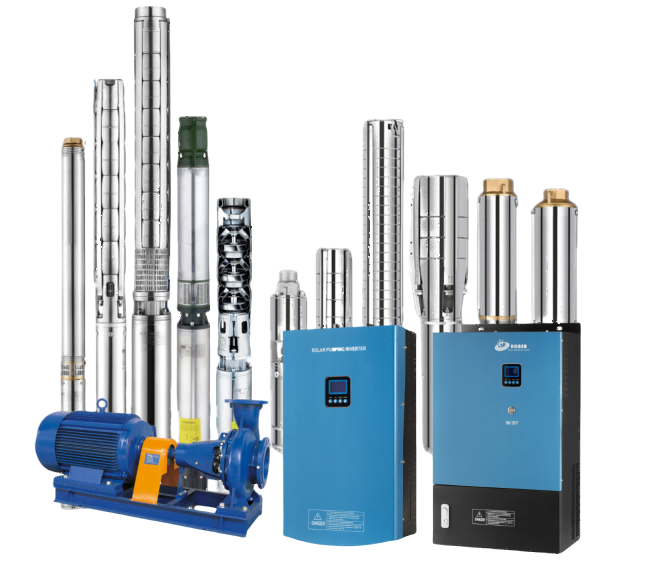As the CEO of HOBER, I am deeply involved in the innovation and application of solar pump inverter technology. Our focus is on enhancing water management efficiency and ensuring a reliable water supply daily, especially in areas with fluctuating solar input.
A fundamental aspect of our solar pump inverters is their ability to regulate the rotation speed of the pump through frequency control. By adjusting the frequency of the electrical power supplied to the pump, we can control the speed of the pump’s motor. This means that depending on the available solar power, the solar pump inverter can increase or decrease the rotation speed of the pump, ensuring optimal operation in varying solar conditions.

The innovation lies in how our inverters adapt to changing solar energy levels. When solar input is strong, the frequency and consequently the pump’s speed are increased, maximizing water output. Conversely, in lower light conditions, the system automatically reduces the frequency, slowing the pump to match the reduced energy supply, thereby maintaining efficient operation and prolonging equipment life.
Navigating Low Solar Input with Minimum Frequency Start
In regions with inconsistent solar energy, ensuring a consistent water supply can be challenging. Our solar pump inverters address this by employing a minimum frequency start feature. This feature is particularly beneficial in preventing the pump from frequent start-stop cycles in low solar conditions, which can be harmful to the pump’s longevity.

The benefits of this approach include:
- Pump Protection: By avoiding frequent starts and stops, we enhance the pump’s durability.
- Continuous Operation: The pump operates continuously at a lower speed in low solar conditions, providing a steady but reduced water output.
Hybrid Mode for Enhanced Water Supply Reliability
To further ensure a reliable water supply during periods of extremely low solar input, our solar pump inverters can switch to a hybrid mode. This mode intelligently combines solar power with grid electricity at the minimum frequency, maintaining water output throughout the day.
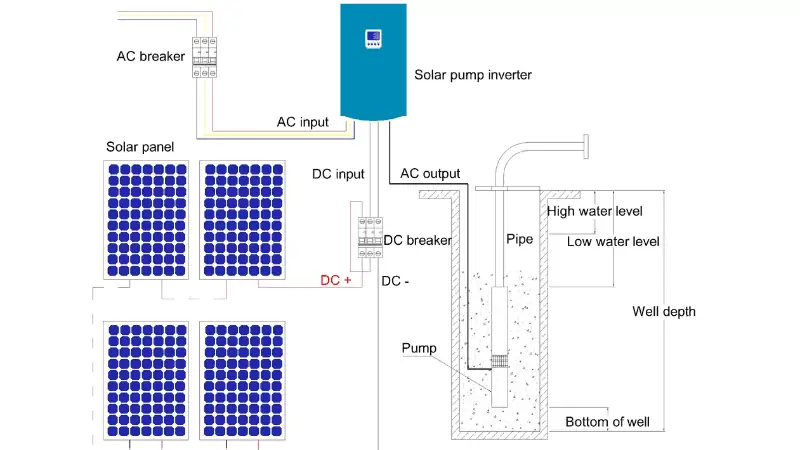
Key features of the hybrid mode include:
- Guaranteed Daily Water Supply: It ensures consistent water availability, essential for daily needs, regardless of solar conditions. (Explore Guaranteed Water Supply Solutions)
- Optimized Resource Use: The system maximizes the use of available solar and grid resources for efficient operation. (Read about Resource Optimization in Hybrid Systems)
Customizing Solutions for Global Challenges
At HOBER, we understand the diverse challenges faced by our global customers. From farming communities in remote regions to urban setups, our solar pump inverters are designed to offer reliable and efficient water supply solutions, tailored to specific environmental conditions.
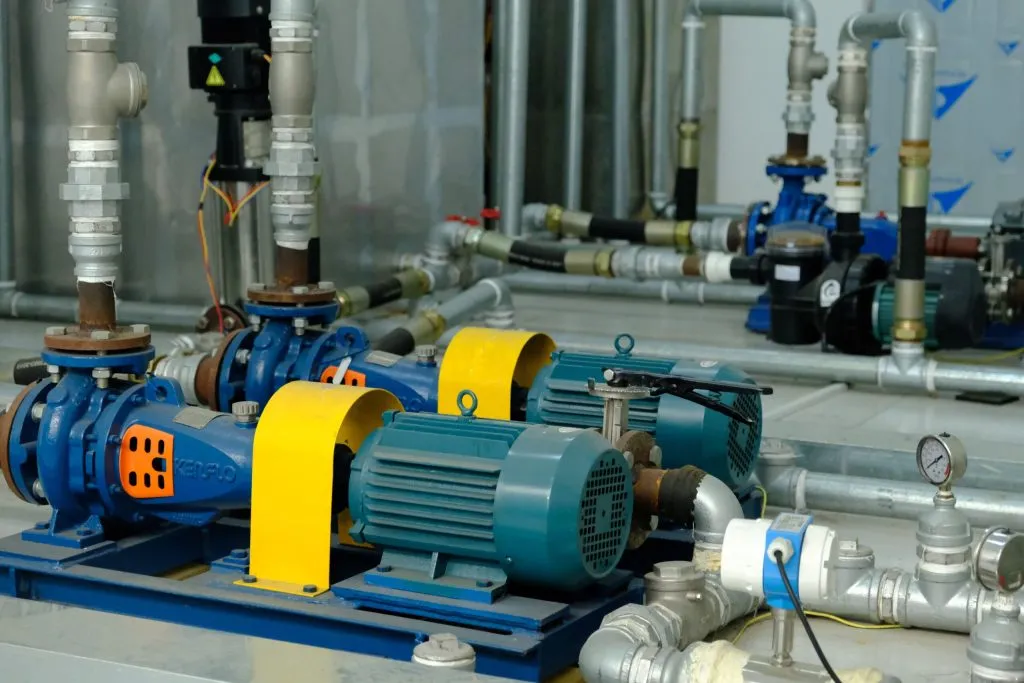
Leading with Innovation in Solar Pump Technology
Our commitment at HOBER is to lead through innovation. We are constantly evolving our technology to address the dynamic challenges of water management, setting new industry standards in solar pump inverter efficiency and reliability.
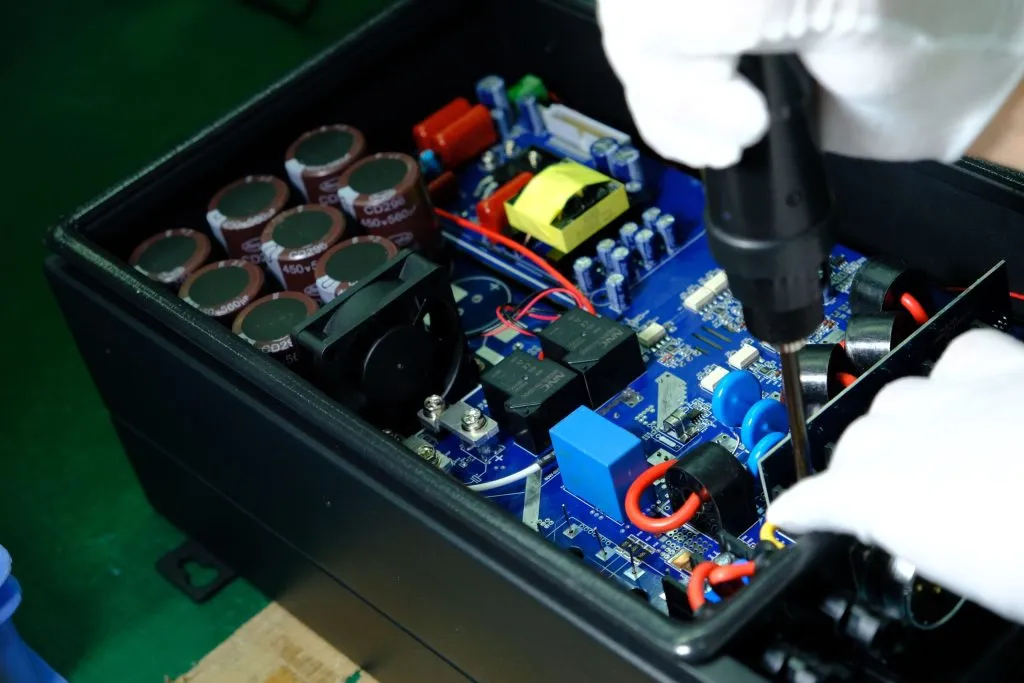
We take pride in our role as pioneers, driving forward the sustainable management of water resources globally.
Conclusion
In conclusion, our solar pump inverters play a critical role in ensuring a consistent daily water supply. By combining advanced frequency control with minimum frequency start-up and hybrid operation, we provide a sustainable, adaptable solution that not only optimizes performance but also protects equipment, meeting the varied needs of our customers worldwide.
[END]




